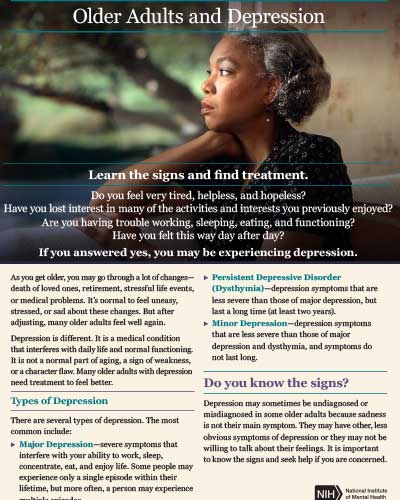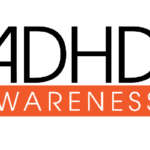Learn about Depression
Depression is a common, but serious mood disorder that involves the brain. Depression is also called major depressive disorder or clinical depression, and is one of most prevalent forms of mental illness. Depression causes severe symptoms that persist at least two weeks, and is more than just a feeling or being “down in the dumps” or “blue” for a few days.
Depression is treatable, and our psychiatrists and therapists are highly experienced in the diagnosis and treatment of depression in order to help you maximize the quality of your life. Dr. Bijoy Mathew in our Sudbury office also treats depression in adolescents and teens ages 14 and up.
The Novum Psychiatry team cultivates spaces of safety and sensitivity where we strive to understand your unique experience with depression, and always with the utmost discretion.
Signs of Depression
Regardless of the severity, depression should be taken seriously. In the care of qualified physicians, most people begin to feel better with medication, psychological counseling or a combination of the two.
Mild depression symptoms can range from being more emotional or feeling a general sense of unhappiness without really knowing why, to severe enough to cause noticeable problems in day-to-day activities (such as personal relationships, social activities and performance at work).
Symptoms of Depression can include:
- Persistent sad, anxious, or “empty” mood
- Feelings of hopelessness, or pessimism
- Irritability or bursts of anger
- Feelings of guilt, worthlessness, or helplessness
- Loss of interest or pleasure in most or all normal activities or hobbies
- Decreased energy or fatigue
- Moving or talking more slowly
- Feeling restless or having trouble sitting still
- Difficulty concentrating, remembering, or making decisions
- Difficulty sleeping, early-morning awakening, or oversleeping
- Appetite and/or weight changes
- Aches or pains, headaches, cramps, or digestive problems without a clear physical cause and/or that do not ease even with treatment
- Thoughts of death or suicide, or suicide attempts (in older adults, this is particularly common in men)
Forms of Depression
There are some forms of depression that are slightly different or develop under certain circumstances. Just four of these forms of depression are Seasonal Affective Disorder (also known as SAD), Bipolar Disorder, Psychotic Depression, and Postpartum Depression.
Signs and Symptoms of Depression in Older Adults
In older adults, symptoms can appear differently but depression is not a normal part of growing old.
Do not be reluctant to seek help if you or a member of your family is struggling with symptoms such as memory loss, personality changes, increasing aches and pain, and sleep problems or chronic fatigue. If you or someone you love is experiencing signs or symptoms of depression, our highly-trained team of psychiatrists and clinicians are here to help.
- Do you feel very tired, helpless, and hopeless?
- Have you lost interest in many of the activities and interests you previously enjoyed?
- Are you having trouble working, eating, sleeping, and functioning?
- Have you felt this way day after day?
If you answered yes, you may be experiencing depression.
Learn about the signs of depression in seniors. It’s normal to feel sad or stressed about life changes, but depression is different. It is a medical condition that interferes with daily life and normal functioning.
- Do you feel very tired, helpless, and hopeless?
- Have you lost interest in many of the activities and interests you previously enjoyed?
- Are you having trouble working, eating, sleeping, and functioning?
- Have you felt this way day after day?
If you answered yes, you may be experiencing depression.
To learn more about Older Adults and Depression, please download this helpful article from the National Institute of Mental Health, and contact the professional team at Novum Psychiatry for help.
Request Confidential Evaluation
If you are experiencing symptoms of depression, including seasonal depression, postpartum depression, post-traumatic stress disorder, or bipolar disorder, please contact us for a confidential evaluation.
Request Evaluation Today
We know that taking the first step can be difficult. Whether this is your first time seeking psychiatric care or if you are seeking a new provider, Novum Psychiatry can help. Our team of psychiatrists and therapists are committed to understanding your unique experience and working closely with you on a treatment plan to maximize the quality of your life.










